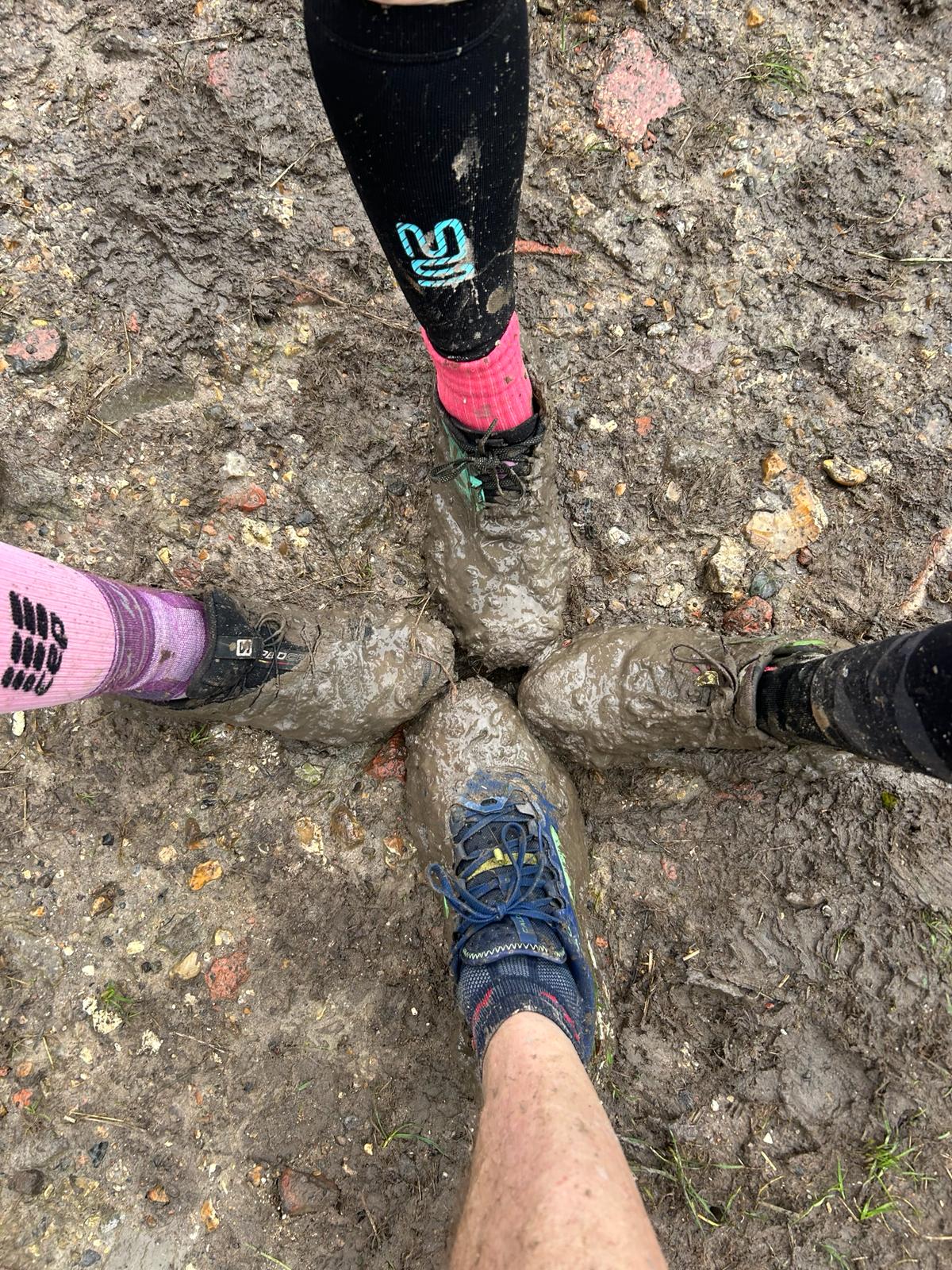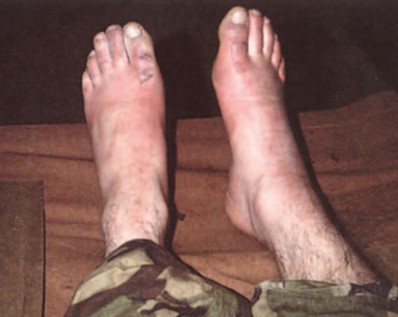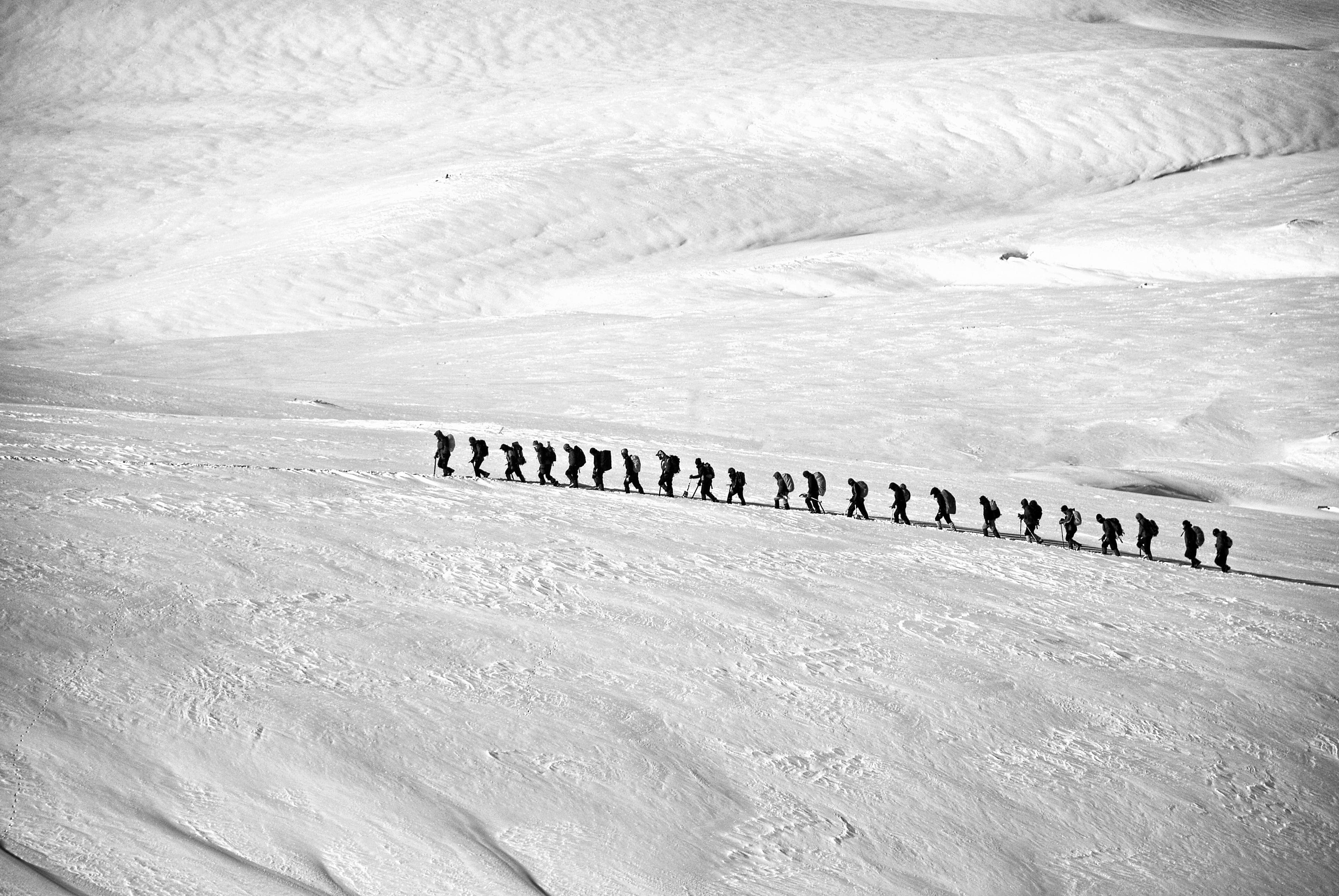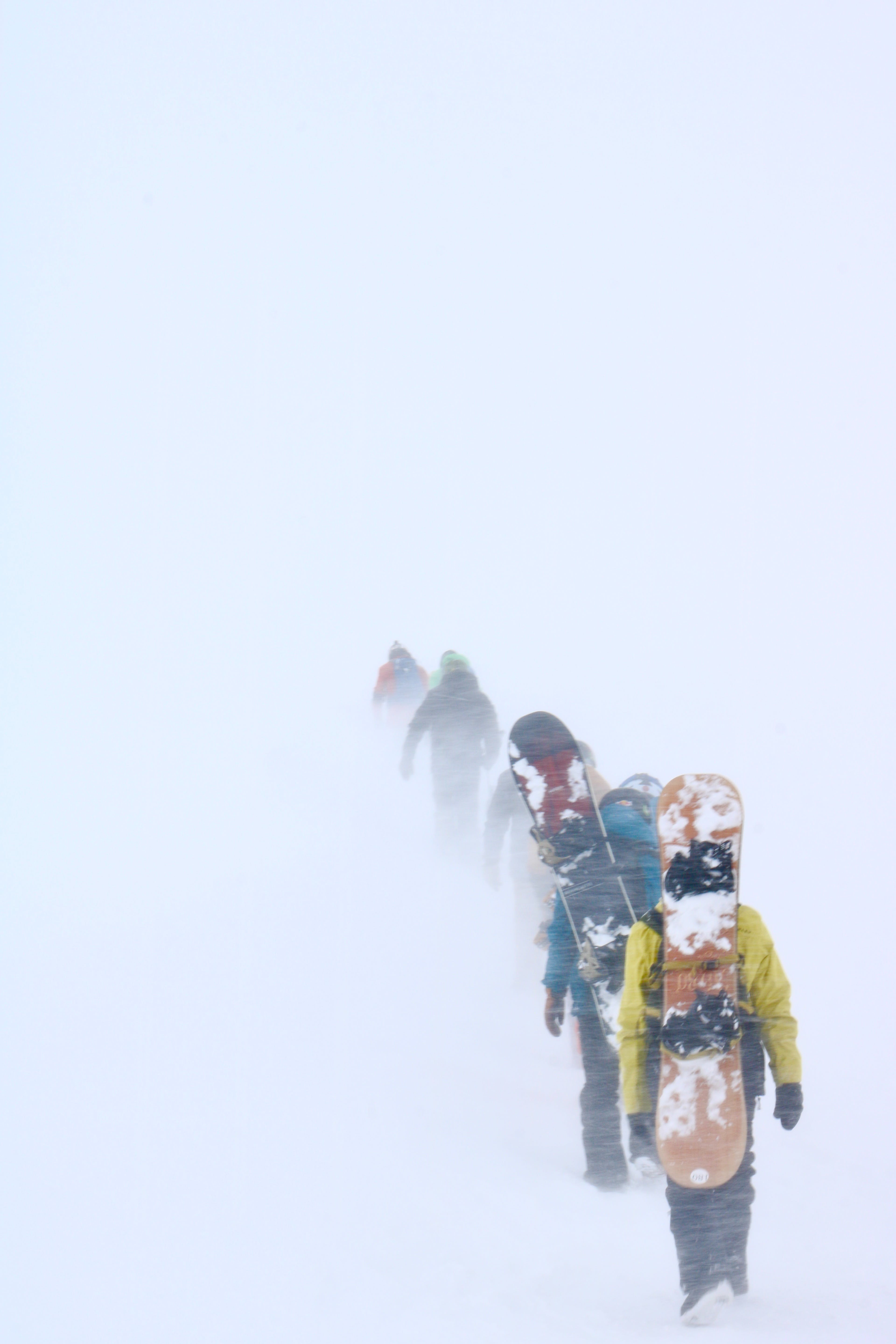
Welcome to the NFCI website
Aim of website
To provide:
- information on NFCI for medical professionals and general public
- advice on risk factors and prevention of NFCI
- contacts for reputable military and civilian clinics
- a library of NFCI research articles
- updates on the latest research in NFCI
Latest NFCI papers published
This comprehensive review details the risk factors for cold weather injuries (including NFCI) and the mitigations that can be implemented in military scenarios. The authors conclude that education and behavioural modifications are central to preventing cold injuries.




